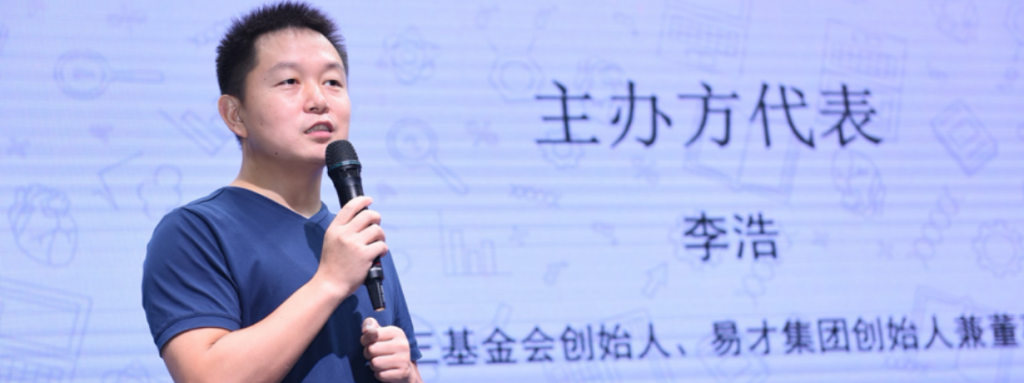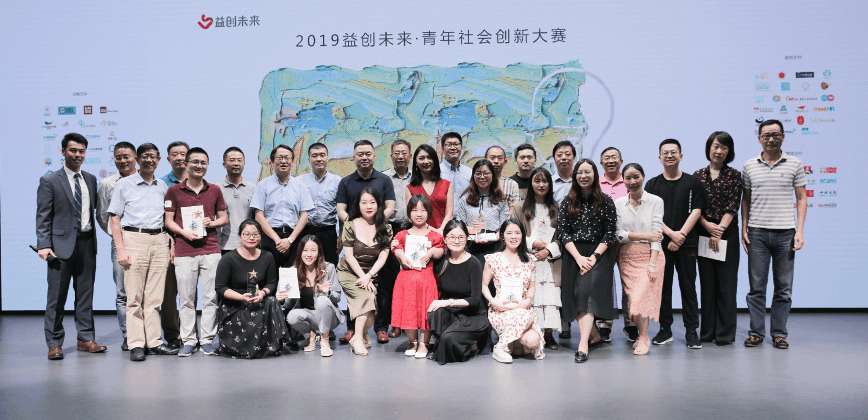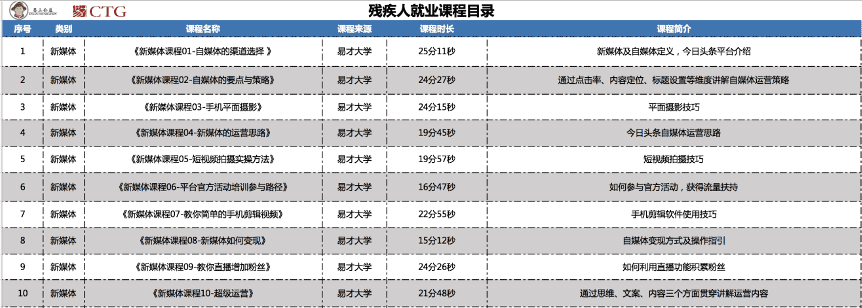Li Hao, the Founder of CTG and N3 Foundation. His grandfather faced hearing and speech impairment, which inspired his passion for philanthropy.
3 min read
The COVID-19 pandemic has significantly impacted marginalised groups in China, particularly the disabled population of 85 million people. At the moment, advocacy for extra care for the disabled mainly focuses on access to medical care and financial benefits from the government. Little attention has been paid to long-term challenges linked to education and employment, which the pandemic has worsened.
The N3 Foundation is the philanthropy arm of China Talent Group (CTG), a leading human resource consulting and service provider in China. Established in 2013, it supports the disabled through employment and entrepreneurship opportunities as it considers unemployment as a key obstacle to sustainable development.
For the past seven years, N3 Foundation has not only helped the disabled live more independently but also integrated them better into society. As such, the Foundation has identified three ways to empower more philanthropic foundations to leverage their corporate expertise for greater impact.
1. Leverage corporate networks to pair employers with job-seekers
In China, it is mandatory for companies to reserve no less than 1.5% of job positions for the disabled[1]. Corporate employers, however, often do not have adequate information about where to recruit disabled people with suitable skillsets. On the other hand, the disabled also lacks access to information about such opportunities.
To tackle this information asymmetry, the Foundation has built an employment information platform to pair job opportunities with disabled individuals with fitting skills. It has also convinced companies to partner with social organisations to hire disabled people. In this imperfect yet practical model of cooperation, companies pay the salary, and the disabled work for the organisations. The estimated number of people who have employed through this platform was 1,500 in 2020 this year, and this number is expected to double next year.
To raise further awareness within the corporate world, the Foundation has been consulting with corporate leaders to learn more about their expectations for disabled employees. The Foundation hopes to disseminate these insights within its networks to educate businesses on where the opportunities are in employing the disabled in China, while helping to meet the government mandate.
2. Leverage human resource consulting to boost disabled entrepreneurship
The Foundation has been advocating that entrepreneurship is an alternative approach to improving employment opportunities and increasing social inclusion for the disabled According to Li Hao, the disabled often have profound sympathy for their peer groups, who genuinely understand the challenges they face and the importance of having an empowering job. Their own business will more likely hire from the disabled community, generating a ripple effect in enhancing their employment.
To promote social innovation and entrepreneurship among the disabled in China, the Foundation initiated a competition for social enterprises in 2018, which was later upgraded to a social innovation platform called Yi Chuang. This evolution occurred because the goal of the initiative is not just to identify and reward a winner; instead, it seeks to incubate more social enterprises that have the relevant skills to help them succeed. Yi Chuang, therefore, enriches the work-skill competition with customised consultations, mentorship, resource matching, and knowledge sharing – all of which aim to provide holistic support for the disabled.
The 2019 awards ceremony of Yi Chuang competition, which supports social enterprises with a focus on disabled entrepreneurs in China.
3. Leveraging technical expertise for tailored vocational training
Capacity building can mitigate the disadvantages that the disabled face in the labour market. As such, an online academic community is important to help share free vocational training materials whilst providing e a virtual mentor network that offers expert advice on disability employment.
During the COVID-19 pandemic, the Foundation developed a new series of online courses on e-commerce and social media skills for the disabled community. These courses align with recent digital business trends in China and support the latest national plan towards poverty alleviation through e-commerce.
List of new media operation online courses for disabled people
Finally, Li Hao reflects that “people with disabilities could have untapped creativity and productivity. Corporate foundations, therefore, have a responsibility to utilise their professional experience and expertise to empower the disabled people to showcase their works.” Moving forward, the Foundation is looking to develop more partnerships to support the disabled community in China and hope to share more of its lessons with fellow members of the network.
[1] According to the PRC Disabled Persons Security Law and the Rules of Employment of Disabled Persons, companies are obliged to hire disabled persons in proportion of no less than 1.5% of their total staff to make contributions to the disabled persons’ employment security fund.




















